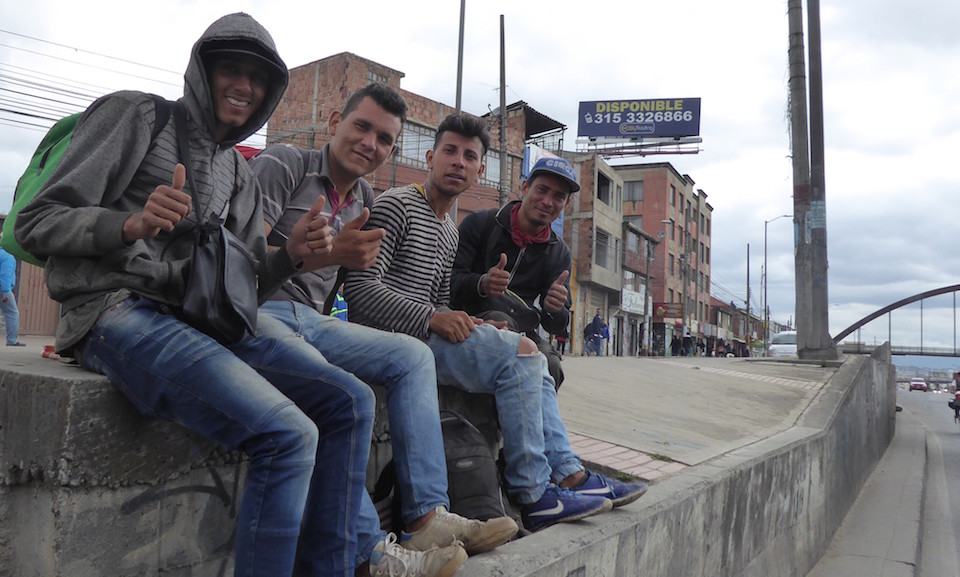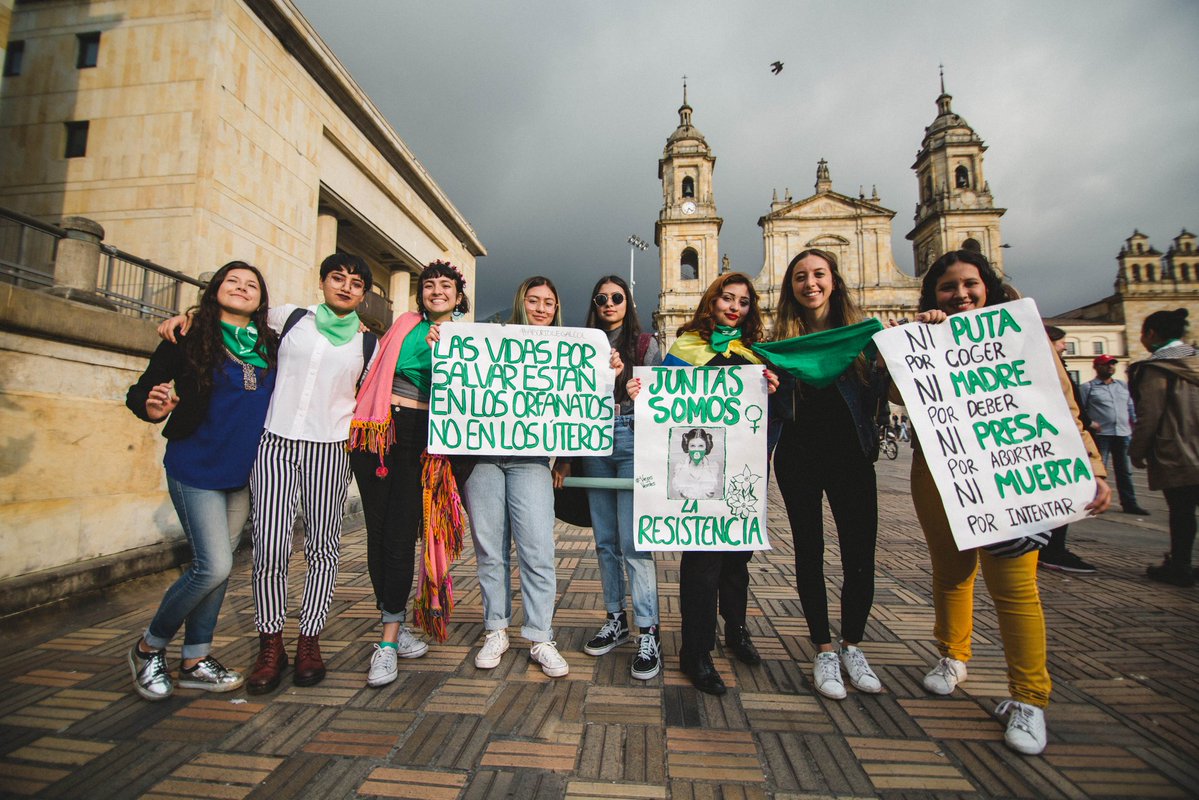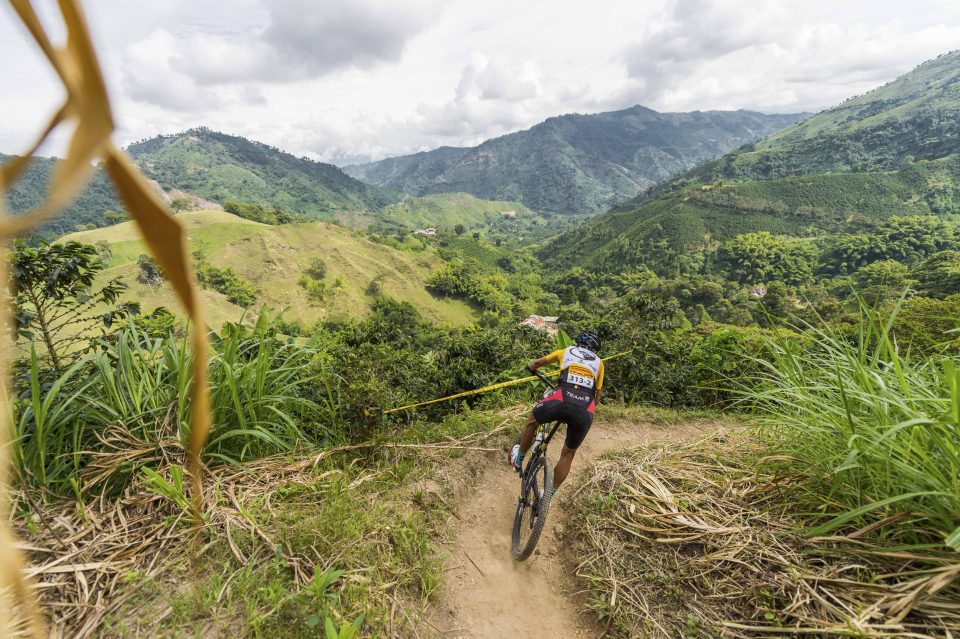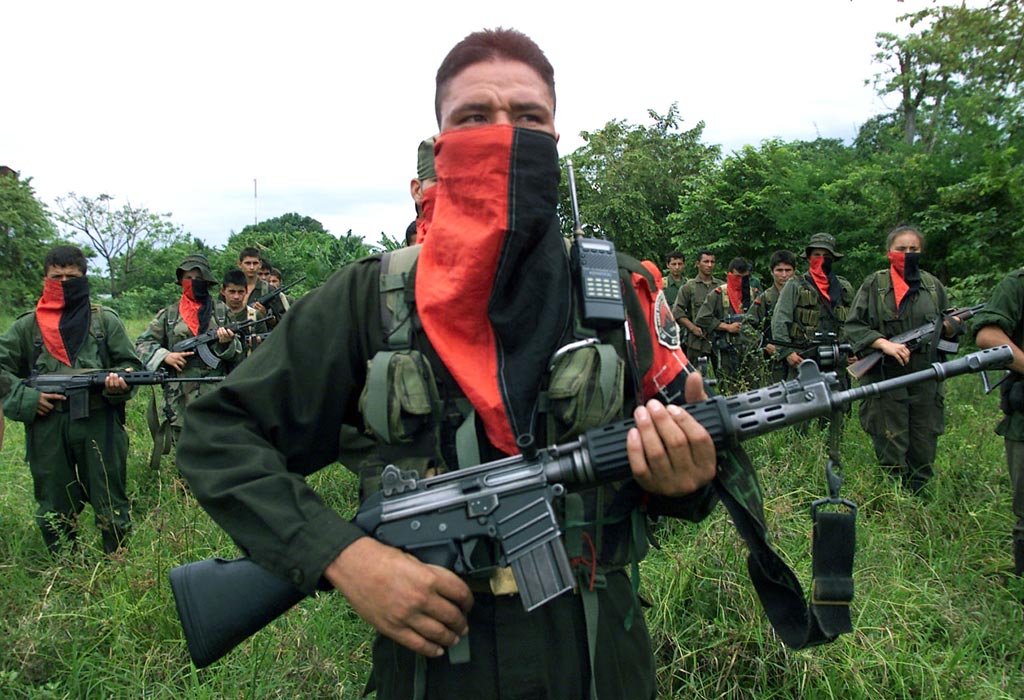While there has been some progress, the slow implementation of Colombia’s peace agreement continues to be a source of discontent, especially as rural communities continue to suffer violence and displacement. Part two of our ongoing look at the issues that face the country.
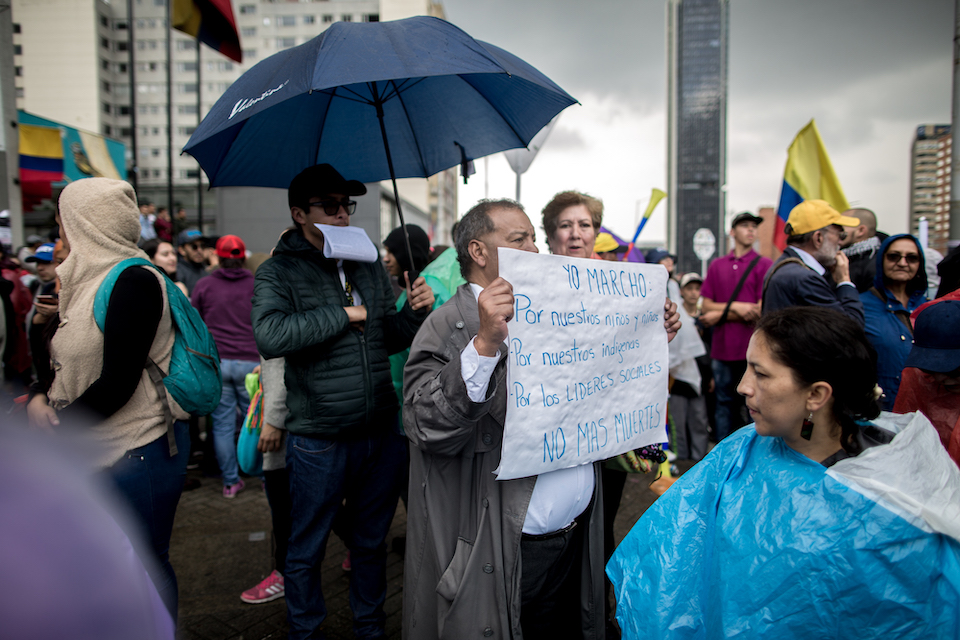
Colombia’s 2016 peace agreement between the government and the FARC has been hailed as historic, experts consider it to be one of the most comprehensive and innovative deals ever reached. However, its implementation has seen many hurdles and it continues to stir controversy among a deeply polarised and divided society.
Although last year’s protests were not primarily driven by concerns associated with the peace accord, it has influenced the mass demonstrations in at least two ways.
While it is true that certain regions of the country face a surge of targeted killings, peace with the FARC did lead to an overall drop in violence. Consequently, people’s day-to-day concerns have shifted away from the armed conflict towards issues such as corruption and cuts to pensions or education.
Secondly, and all its controversy notwithstanding, the peace agreement is backed by a large sector of Colombian society (it was only narrowly rejected in a plebiscite in 2016). The National Strike Committee has included the issue in its demands, urging President Iván Duque in a letter to “comprehensively implement the peace agreement and explore possibilities to resume negotiations with the ELN.”
However, Duque has done little to convince this sector of his intentions to comply with these demands. On the contrary, since taking office he has made several efforts to follow through on his campaign promise to “correct” the peace agreement with the FARC: in March, he launched a series of objections targeting the Special Jurisdiction for Peace, a transitional justice tribunal created to try war crimes committed during the armed conflict. In addition, many protesters consider that his social and economic policies have disregarded key measures of the peace agreement aimed at improving security and development in rural areas.
The Kroc Institute for International Peace Studies has been monitoring the state of implementation of the peace deal and has stressed important advances, such as the disarmament of the FARC and its transition to a legal political party. Meanwhile, measures concerning the substitution of illegal crops and rural reforms show little progress. Such measures would be crucial to address the violence that has spiked in former FARC strongholds where newly formed criminal gangs or remaining rebel groups such as the ELN have gained control.
In these areas, prospects for a real peace are clouded by on-going killings of social leaders and former FARC rebels: according to the NGO Indepaz, 29 social leaders and five demobilized FARC combatants were murdered in the first 30 days of 2020 alone.
These are not the only trends that have enraged supporters of the peace deal. In November 2019 news broke that the Colombian military had killed 18 minors during an aerial raid on a dissident FARC camp in the southern province of Caquetá.
“We have to recognise that the armed conflict has not ceased in some territories and continues to affect the safety of our children,” said Hilda Molano of the Coalition against the Recruitment of Children in the Armed Conflict (COALICO).
Against the backdrop of such events, peace remains elusive for many Colombians. Even if Duque were to follow through on every measure of the peace deal, the structural reforms needed to eradicate residual violence and promote development in the countryside would take years to deliver tangible results. Until then, public discontent, especially in neglected territories, is unlikely to die down.
By Viviana Durán


